hard to teach a kid this, i think its natural for them to complain thats why babies cry when they are hungry
“Don’t Start With the Third Phrase.” A Trick That All Parents Need to Teach Their Child

Kids will be kids and sometimes, they get angry. According to the Yale Medicine Child Study Center, it’s okay for a kid younger than 4 years old to have episodes of anger with crying and tantrums up to 9 times a week for 5 to 10 minutes at a time. But it doesn’t mean you can’t do anything about it. And you don’t have to learn special anger-management techniques, one simple rule can make a big difference.
Here at Bright Side, we found a simple method that can spare you and your kid a lot of nerves, and we couldn’t help but share it with you.
The method can help with unnecessary resentment.
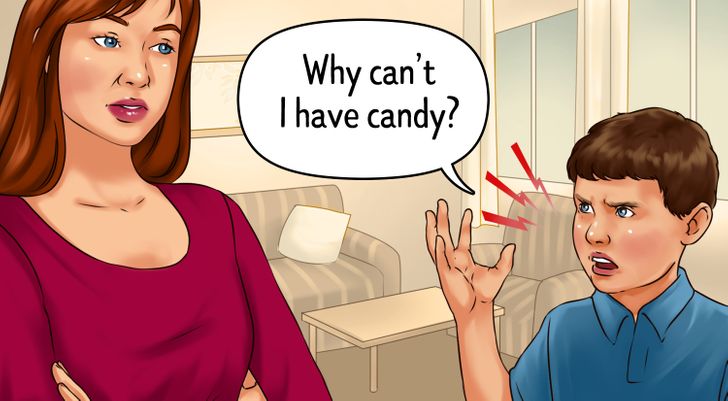
Children often get angry and might think adults have offended them on purpose when they actually don’t mean to at all. This can be seen, for example, when a parent wasn’t able to hear what a kid said because they were busy or didn’t pay attention. Therefore, if children learn to politely let adults know about their needs and desires (speech is a wonderful tool), they make a huge step in developing their communication skills.
If you feel rage, discontent, or frustration as a result of someone’s behavior, ask yourself: did you tell this person that you wanted or didn’t want something? Does the person have any clue that you’re unhappy?
The first phrase is a polite request.
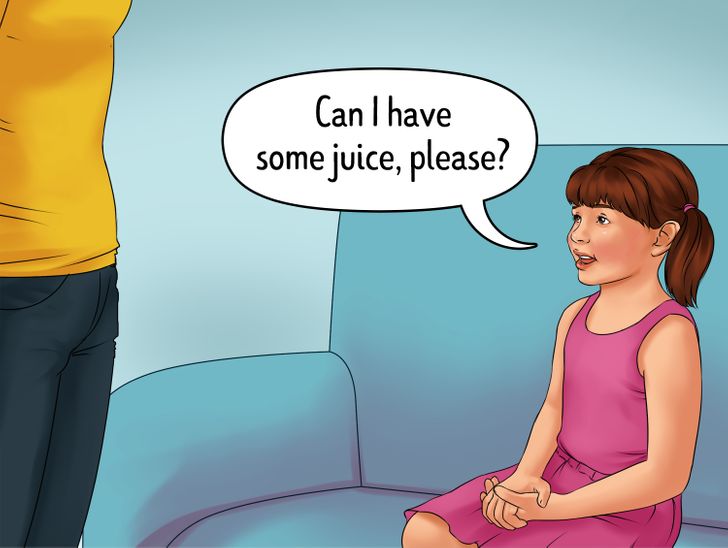
It’s easier to understand this method through a specific situation. For example, your child may ask, angrily, “Why wasn’t I given orange juice?” Calmly tell the kid that this is the third phrase, and that they should start with the first one. It should sound like this: “Please give me some orange juice.” And trust us, it will solve a large number of situations right on the spot.
The kid needs to make sure they were heard and understood correctly.
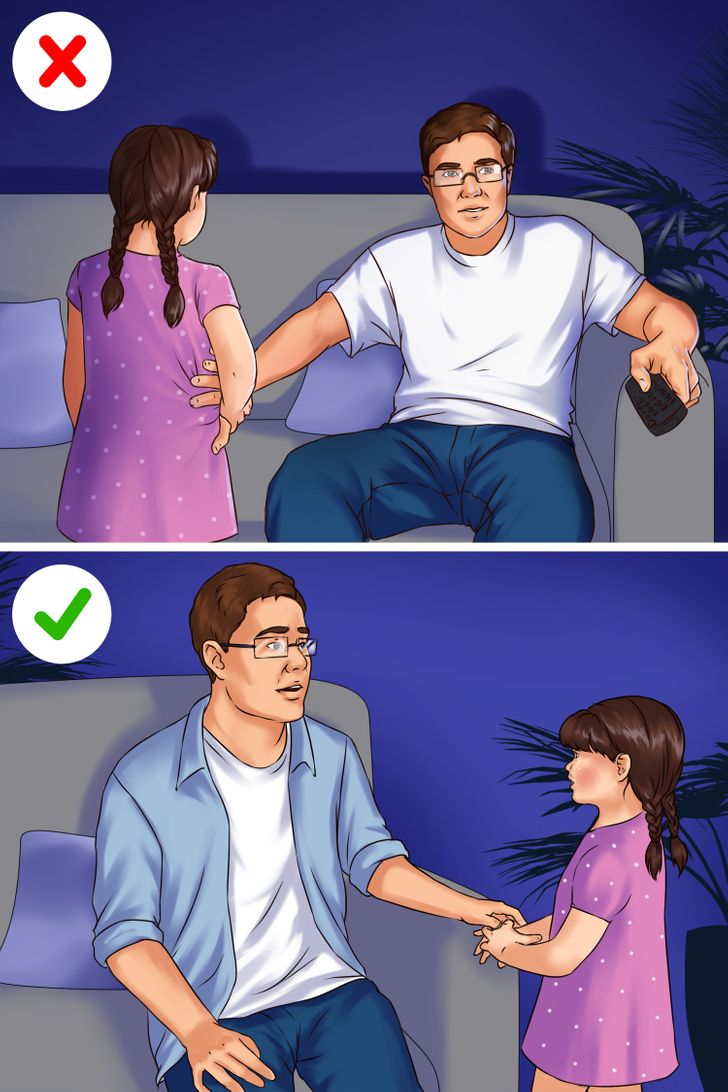
If the first phrase didn’t have any effect, you should make sure that the person heard you right and got your request, and ideally, they should reply with an answer. The second phrase sounds like this: “Sorry, I said that I needed some orange juice. Perhaps you didn’t hear me.” The chance of getting orange juice at this point almost becomes absolute.
If the kid still didn’t receive an answer, they can express dissatisfaction.
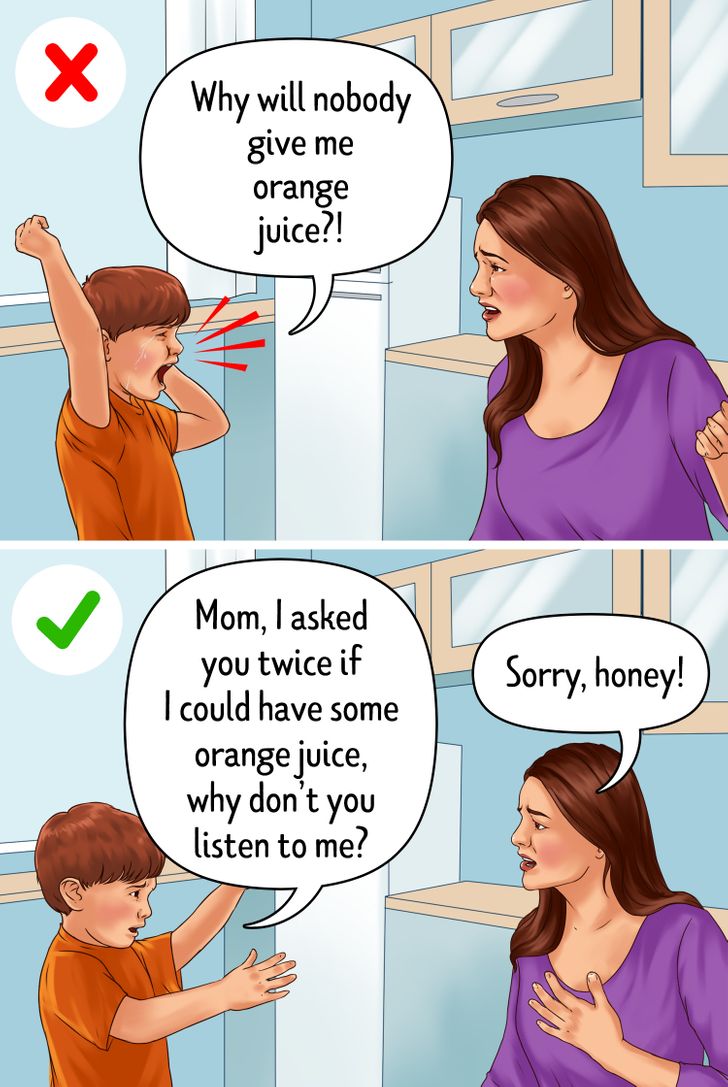
And if for some reason the kid still hasn’t received an answer or reaction to the first 2 phrases, they can express indignation and confusion. They can also let the person know (as politely as possible) that they haven’t been heard. But most likely, this third phrase will not be needed.
Your children will thank you for this rule because learning to let others know about your needs in a polite way is actually one of the most essential communication skills they can develop.
Comments
Related Reads
10 Moments Where Kindness Didn’t Argue—It Acted

My Cousin Uninvited Me to Save Money—My Petty Revenge Was Absolutely Worth It

I Refuse to Let a Strange Lady Touch My Rare Birthmark for "Good Luck"—Now I’m Being Threatened
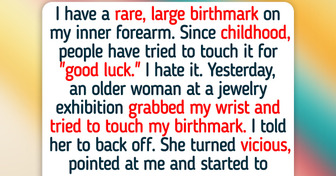
14 Real Moments When Empathy Changed Everything Forever
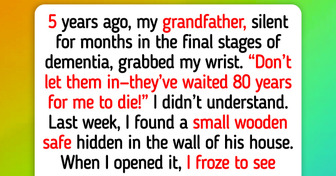
10 Hospital Workers Who Prove Kind Heart Is a Powerful Medicine

I Refused to Let My Boyfriend Discipline My Child—He’s Not His Real Dad
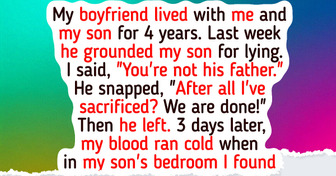
I Refuse to Be My Mom’s Retirement Plan After She Chose to Stay Home Her Whole Life
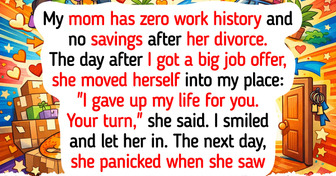
My Parents Wanted a ‘Family Vacation’ on My Budget—I Made One Move They Didn’t Expect
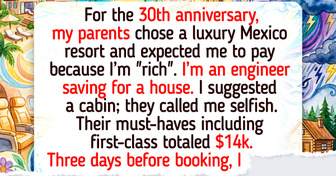
My Neighbor Disrespected My Privacy—My Revenge Was Sweet
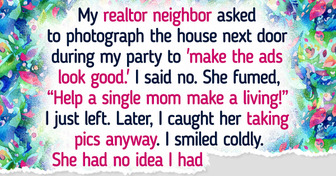
18 Stories Where Kindness Made It Human Again
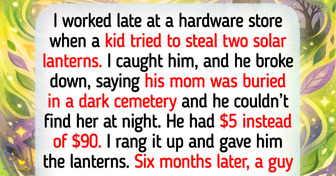
14 Stories That Prove Relationships Can Take the Wildest Turns
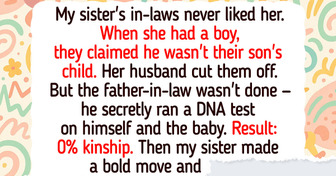
12 Life Moments Where Quiet Kindness Played the Main Role
